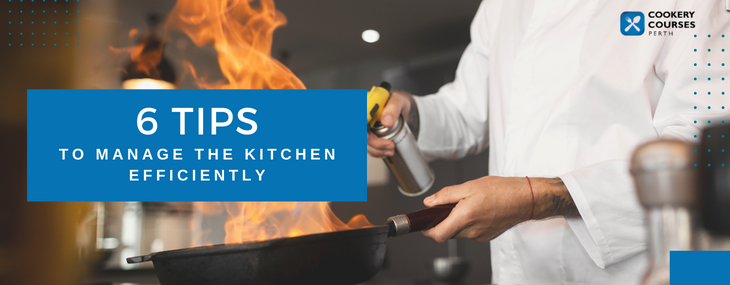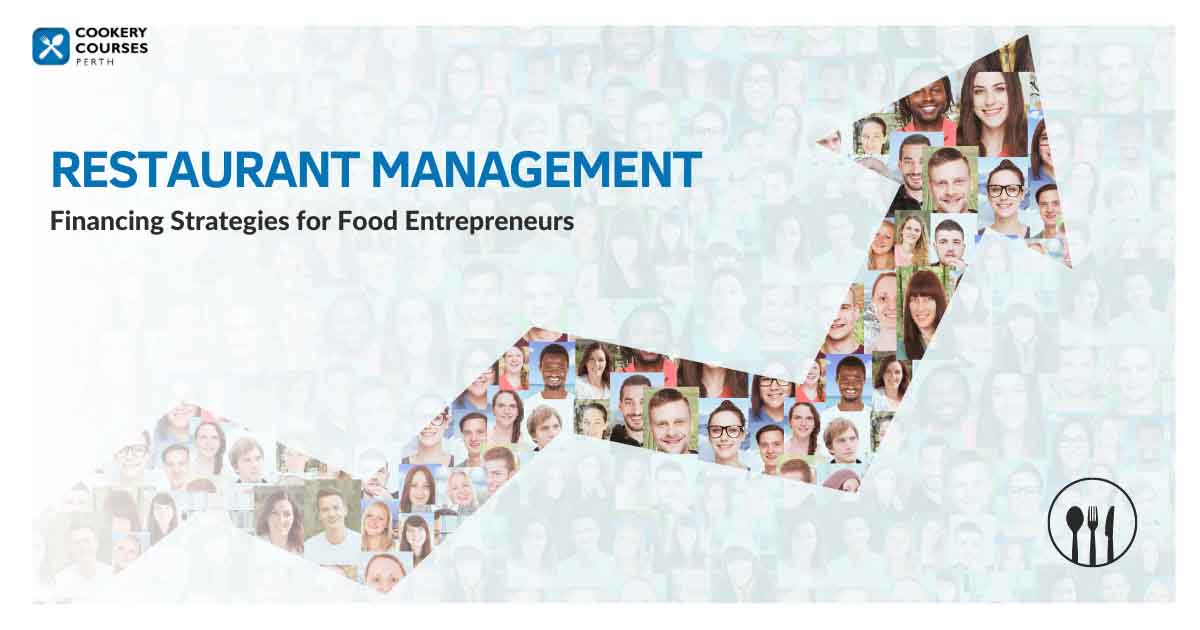Distinguishing the Roles: Chef vs. Kitchen Manager

In the bustling world of culinary arts and restaurant management, two key roles often stand out: the chef and the kitchen manager. While these titles may seem interchangeable to some, they serve distinct functions within the food service industry. To fully appreciate the contributions of each role and how they differ, it’s essential to explore their unique responsibilities, skill sets, and the dynamics they bring to the kitchen.
Job Roles Comparison
| Aspect | Chef | Kitchen Manager |
|---|---|---|
| Primary Role | Responsible for food preparation, menu creation, and cooking. | Manages the kitchen operations, staff, and ensures efficiency. |
| Cooking Expertise | Highly skilled in culinary arts and food preparation. | Cooking skills may vary but focus on management and coordination. |
| Creativity | Often involved in creating new dishes and experimenting with flavors. | Focuses more on maintaining kitchen operations and cost control. |
| Leadership | Leads the kitchen team, directs cooking processes, and sets culinary standards. | Leads the kitchen staff, manages schedules, and resolves issues. |
| Menu Development | Contributes to or designs the menu, considering taste and presentation. | May provide input but primarily focuses on kitchen logistics. |
| Customer Interaction | May interact with customers to explain dishes or receive feedback. | Limited customer interaction, primarily behind-the-scenes. |
| Quality Control | Ensures food quality and consistency, often taste-testing dishes. | Maintains quality through supervision, not direct involvement in cooking. |
| Staff Management | Oversees kitchen staff, including hiring, training, and performance evaluation. | Manages kitchen staff, schedules, and workflow for efficient operations. |
| Inventory and Cost Control | May have input on ingredient ordering and cost control. | Responsible for inventory management, cost control, and budgeting. |
| Hours | Irregular and long working hours, including evenings and weekends. | More regular hours, often administrative, with occasional long shifts. |
| Responsibility Level | Focused on food preparation and kitchen operations. | Responsible for the overall functioning and efficiency of the kitchen. |
The Chef: Master of Culinary Creativity
1. Culinary Expertise: At the heart of a chef’s role lies a deep understanding of food preparation, cooking techniques, and flavor profiles. Chefs are artists who craft delectable dishes from raw ingredients, using their culinary expertise to create memorable dining experiences.
2. Menu Development: Chefs are responsible for designing the menu, which involves selecting ingredients, planning dishes, and ensuring a harmonious balance of flavors, textures, and visual appeal. They often experiment with new recipes and innovations to keep the menu fresh and exciting.
3. Kitchen Leadership: The chef is the leader of the kitchen brigade, overseeing cooks, sous chefs, and other kitchen staff. They are responsible for maintaining order, motivating the team, and ensuring that food is prepared to the highest standards of quality and consistency.
4. Creativity and Innovation: Chefs thrive on innovation and creativity, constantly exploring new ingredients, techniques, and trends to elevate their culinary creations. They are passionate about the artistry of cooking and take pride in presenting unique dishes to their guests.
5. Quality Control: Maintaining strict quality control standards is a chef’s top priority. They taste dishes to ensure they meet the restaurant’s standards before they are sent out to diners. A chef’s palate is finely tuned, allowing them to make adjustments and corrections as needed.
6. Customer Interaction: In some cases, chefs interact with customers, taking special orders, explaining dishes, and receiving feedback. This direct interaction with diners can be both rewarding and challenging.
The Kitchen Manager: Organizational Maestro
1. Administrative Skills: Kitchen managers are the backbone of restaurant operations. They handle the business side of things, including inventory management, budgeting, and scheduling. They ensure that the kitchen runs efficiently and within budget constraints.
2. Staff Supervision: While chefs focus on the culinary aspects, kitchen managers are responsible for managing kitchen staff, assigning tasks, and ensuring that everyone works harmoniously. They are often tasked with hiring and training new employees as well.
3. Health and Safety: Kitchen managers must maintain strict adherence to health and safety regulations. They oversee food handling, storage, and cleanliness standards to prevent foodborne illnesses and maintain a safe working environment.
4. Cost Control: Controlling costs is a critical responsibility for kitchen managers. They monitor ingredient usage, minimize wastage, negotiate with suppliers, and ensure that the kitchen operates cost-effectively.
5. Equipment Maintenance: Kitchen managers are in charge of equipment maintenance and repair, ensuring that all appliances and tools are in good working order. This minimizes downtime and keeps the kitchen running smoothly.
6. Communication and Coordination: Effective communication is key to a kitchen manager’s success. They liaise between front-of-house staff and the kitchen team to ensure that orders are prepared and delivered promptly.
Collaborative Synergy
While chefs and kitchen managers have distinct roles, their collaboration is essential for a restaurant’s success. A harmonious relationship between the two ensures that the creative culinary vision is executed efficiently, within budget, and with impeccable quality. Chefs inspire with their innovative dishes, while kitchen managers provide the operational framework to turn those creations into a profitable reality. cookery courses offer programs that might help you reach your objectives and enter the food business. You can learn the abilities required to become a professional cook by taking Certificate III in Commercial Cookery. The diploma of hospitality management offers instruction in kitchen management.
In summary, chefs and kitchen managers are two vital cogs in the restaurant machine, each with their unique set of skills and responsibilities. Understanding their distinctions is crucial for anyone aspiring to excel in the culinary world or manage a successful restaurant. Whether it’s the chef’s creative flair or the kitchen manager’s organizational finesse, both roles play a pivotal part in delivering exceptional dining experiences to customers around the world.
Recent Post

Transform Your Career Trajectory With Commercial C
Apr 04, 2024

Interesting Facts About Commercial Cookery Courses
Mar 04, 2024

6 Tips to Manage the Restaurant Kitchen Efficientl
Feb 06, 2024

Top Soft Skills Seeks In 2024 By Employers
Jan 15, 2024

Advantages of a Commercial Cookery Certification
Dec 12, 2023

Nov 21, 2023

Transform Your Passion for Baking into a Flourishi
Nov 17, 2023

Distinguishing the Roles: Chef vs. Kitchen Manager
Sep 18, 2023

Starting a Food Business in Australia – Hire
Sep 04, 2023

Financing Strategies for Food Entrepreneurs : Navi
Aug 22, 2023
CONTACT US
We are always happy to help out whatever way we can
